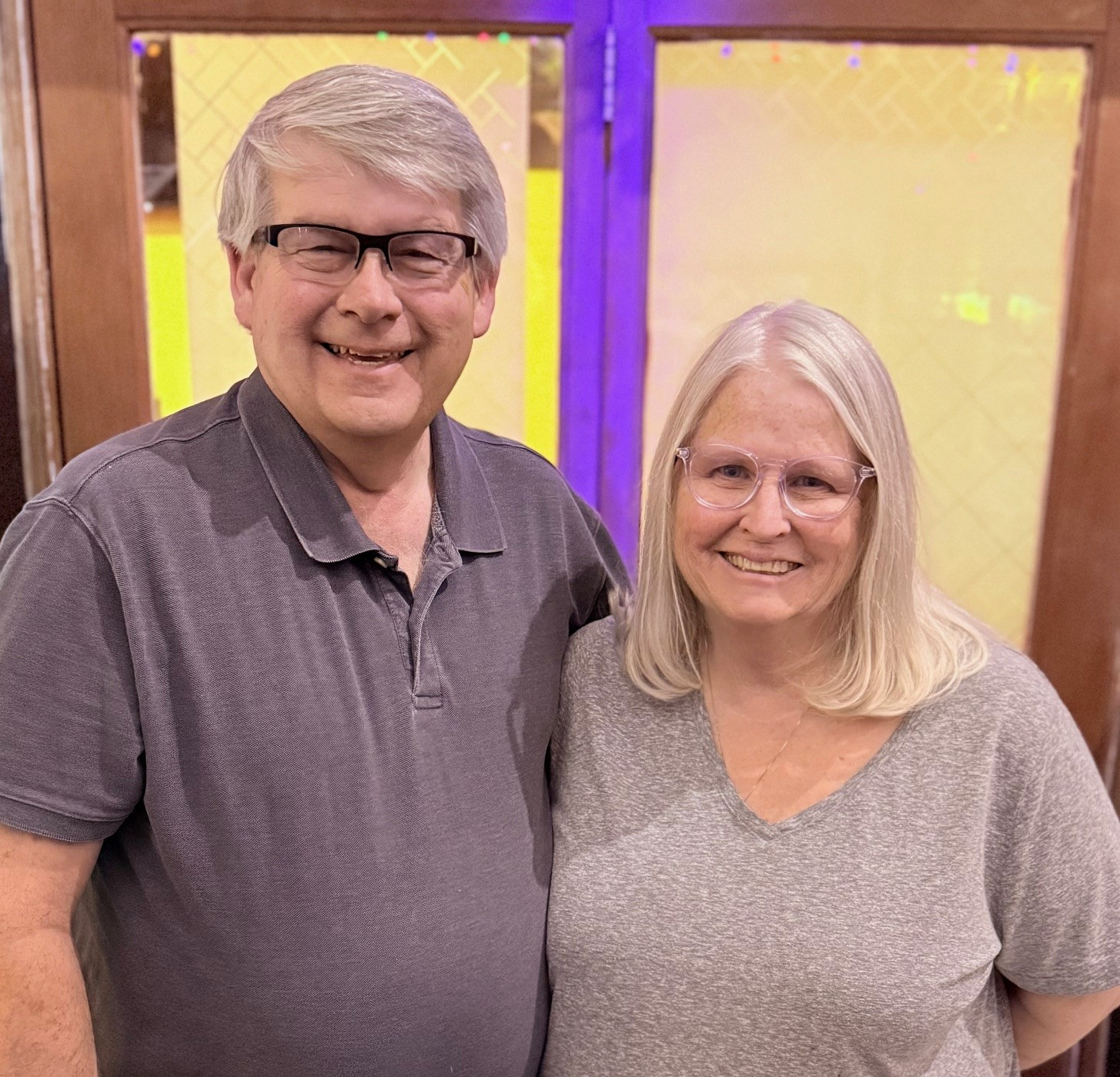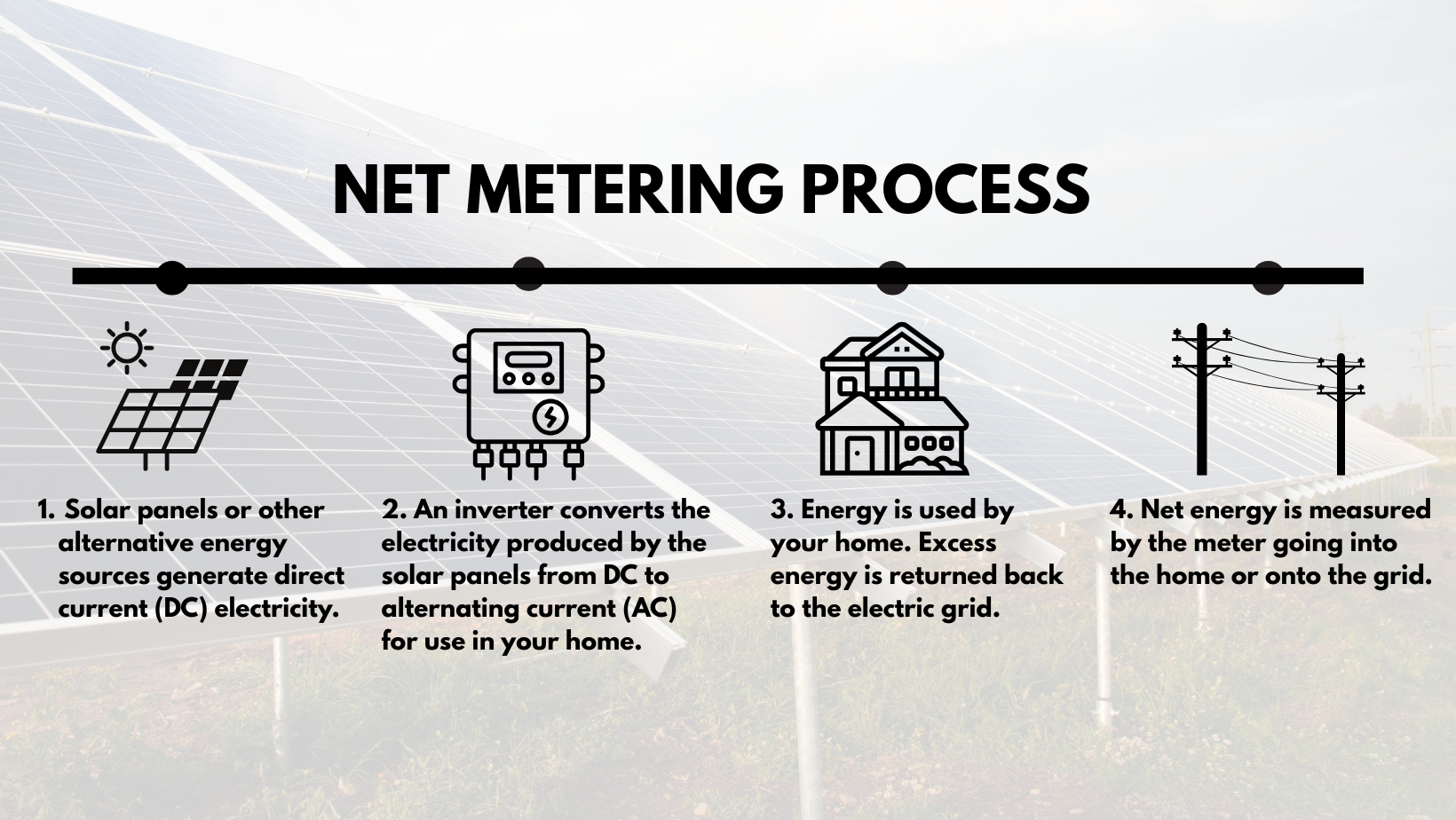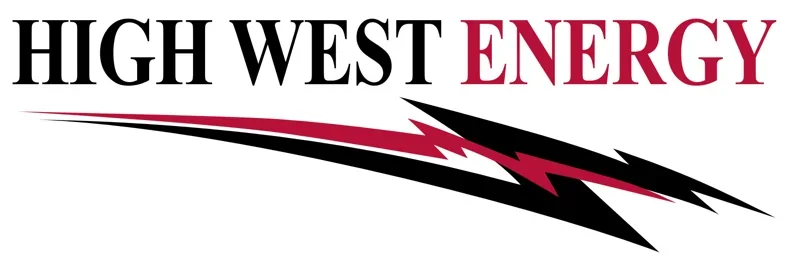SmartHub will be temporarily unavailable on Friday, February 20th, for scheduled maintenance to ensure the system continues to be reliable and ready for you to use. If you need to make a payment during this time, please use our IVR number system by calling 833-619-0867.
New Board Member and Net Metering Insights
Welcome Our New District 14 Board Member

Meet your new District 14 Board Member, John Thompson, and his wife. We're excited to welcome John to the Board as he works alongside us to power our communities.
What do your interests include?
I enjoy watching my grandchildren participate in their school events. My grandson has a passion for robotics, where he's been involved in designing and programming his team's robot. This experience has taught him a great deal and it has been exciting to see him grow in this skill set.
In addition, I enjoy my time on the Laramie County Recreation Board and being engaged in St. Paul's Catholic Church. I also enjoy baseball, softball, and bowling.
How do you want to help educate our members on the electric industry?
Educating our members is one of the most important aspects of our duties at High West Energy. As a Board Member, I want to educate our members as cost-effectively as possible by utilizing email and social media. While these methods may not appeal to all members, they remain an efficient and timely way to communicate and ensure our members are well-informed.
Before I became a Board Member, I regularly attended High West Energy's Board meetings, where I gained valuable insight into the cooperative and the electric industry. This is an additional way for members to learn more about High West and the industry.
What makes serving on the Board meaningful to you?
My father, along with my wife's grandfather and uncle, dedicated many years of service to the Rural Electric Co., now known as High West Energy. Becoming a Board Member is important to me as I feel a strong desire to give back to the cooperative that has been good to my family and me.
Net Metering 101: How It Works
Residential net metering systems are becoming more popular. Homeowners are exploring net metering options to help power their homes. High West Energy has two types of net metering on our system: wind turbines and photovoltaics, also known as solar systems. The most common of these two is solar, which a member can put on their rooftop, or they can install a ground array of solar panels. The amount of electricity produced by a net metering system depends on several factors, including the size of the system installed, your home's sunlight exposure, and even the time of the year.
What is Net Metering?
High West Energy offers a net metering program, which compensates the homeowners for the electricity their system produces. Every month, the member's meter will track how much the member consumes and how much their system produces. The member is charged for the net difference on their bill each month. When a system generates more power than the home uses in any given month, excess kWh's are fed back into the electric grid. In return, the member will "bank" those kWh's to use in future months.
A member will always have a monthly bill from High West Energy, even if they produce enough power in a month to offset their consumption. Charges that are not electricity charges, such as grid access charge, a prior contract minimum responsibility, or the monthly charge for a device such as a security light, will still be billed as normal.
Who Uses the Excess Power?
The electricity produced by a net metering system doesn't go directly to neighboring services. The power flows back to the local grid managed by High West Energy. From that point, it is not detectable where that power is going and who it is serving.
Interested in Net Metering?
We encourage everyone who is considering installing a net metering system to call High West Energy to speak to one of our employees. We can provide updated information on our processes and current rates. Often, the company that is selling you the system does not have an accurate forecast for the future of High West Energy and our rates, and we prefer you to get the information from us to ensure its accuracy.
It is also important that you install a system that is sized correctly based on your energy usage. A net metering system on High West Energy's lines cannot exceed 25 kW. One misconception is that the bigger the system, the better it is. This is not true. If a system is over-sized and generates too much, the buyback rate for that banked usage at the end of the year is a fraction of the cost of a kWh on your monthly bill. For this reason, it is much more cost-effective to generate enough power to offset your usage but not over-generate and get paid a reduced amount for the excess. We can look at your usage history, and you can use that information to size your system accurately so that you are not over-generating.
What You'll Need:
- Call HWE to discuss the full process
- Choose a reputable solar provider
- Send system plans to HWE
- Sign the interconnection agreement
- Pay the interconnection fee
- Obtain a county permit
- Schedule an inspection with HWE electricians

Check out the full edition of Sparks below!
